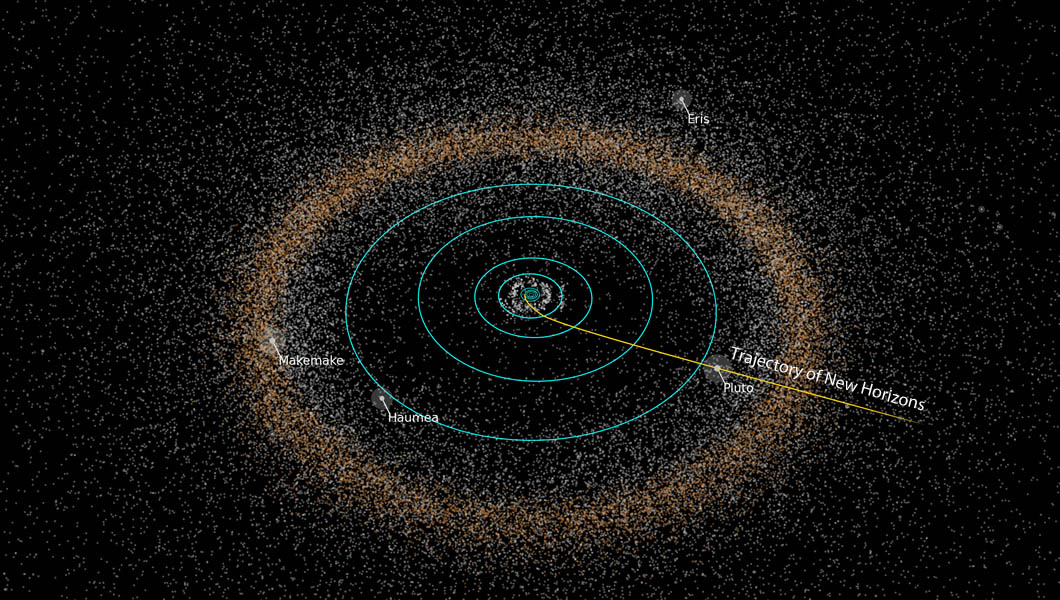Wars in space are no longer just science fiction. In fact, Space War I has been raging for more than two years, with no quick end in sight. This isn’t the kind of conflict that involves X-wing fighters or Space Marines. Instead, it’s a battle over how satellites are being used to collect imagery, identify military targets and facilitate communications in the war between Ukraine and Russia.
“As I looked at Ukraine in the early months, it was obvious to me: This is the first space war,” says David Ignatius, a journalist who lives a double life as a foreign-affairs columnist for The Washington Post and a spy-thriller novelist.
In the latest episode of the Fiction Science podcast, Ignatius delves into the potential national-security threats posed by satellite-based warfare — and how he wove those threats into the plot threads of a new novel titled “Phantom Orbit.” The tale lays out a scenario in which Space War I tips toward a potentially catastrophic Space War II.










